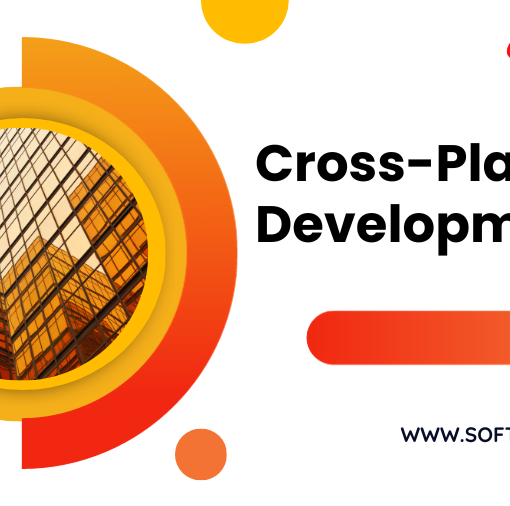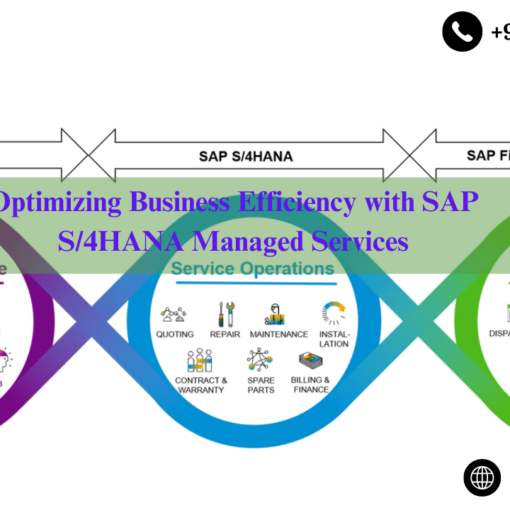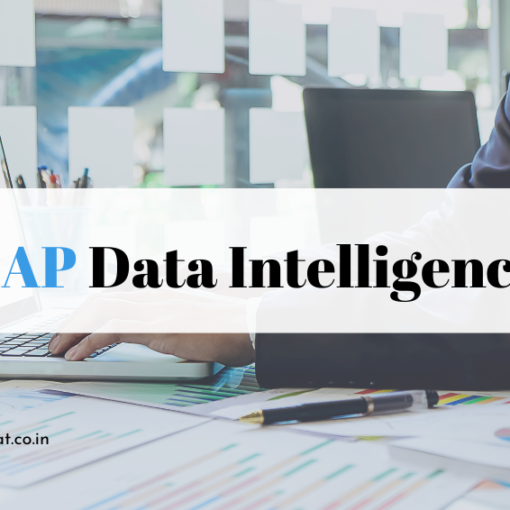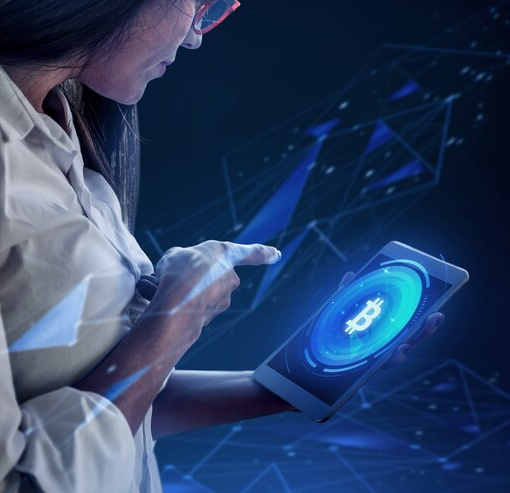In the bustling realm of business operations, procurement reigns supreme. It’s the lifeblood of every organization, the intricate network that ensures the right goods and services arrive at the right place at the right time. And at the heart of this network lies the Procure-to-Pay (P2P) p2p cycle in sap, a sophisticated dance of automated processes that orchestrates efficient procurement from requisition to final payment.
This blog serves as your trusty guide, illuminating the labyrinthine pathways of the P2P cycle within SAP. Packed with over 4,000 words, optimized for search engines, and brimming with examples and insights, it aims to:
- Demystify the P2P Cycle: Unveiling its key stages, functionalities, and the magic behind SAP’s powerful tools.
- Unleash the Benefits: Exploring how optimizing the P2P cycle within SAP drives cost savings, efficiency gains, and improved supplier relationships.
- Conquer the Challenges: Navigating common roadblocks and best practices for implementing and optimizing the P2P cycle for your specific needs.
- Explore the Future: Examining emerging trends and advancements shaping the future of procurement with SAP at its core.

From Humble Beginnings: Understanding the Key Stages of the P2P Cycle in SAP
Imagine the P2P cycle as a grand odyssey, with seven crucial stages guiding you from need to fulfillment:
- Need Recognition: The journey begins with the identification of a requirement for goods or services within a department. Think of a knight spotting a malfunctioning steed in need of urgent repair.
- Purchase Requisition: This formal document details the required item, quantity, and desired delivery timeline. Picture the knight writing a requisition for a new steed and saddle.
- Approval Workflow: The requisition navigates an approval chain, ensuring alignment with budget and compliance. Imagine the requisition traveling through the castle, seeking the blessings of the king and advisors.
- Purchase Order Creation: Once approved, a purchase order (PO) is generated, officially committing to the purchase from a chosen supplier. Think of the knight receiving a signed decree authorizing the acquisition of a new steed.
- Goods Receipt and Invoice Verification: Upon delivery, the goods are inspected and matched against the PO. The supplier invoice is then verified for accuracy. Imagine the knight inspecting the new steed and comparing the invoice to the original order.
- Payment Processing: Following successful verification, the supplier receives payment according to the agreed-upon terms. Think of the knight settling the invoice with the blacksmith.
- Accounting Integration: The transaction data is seamlessly integrated into the SAP accounting system, providing a unified view of all financial activities. Think of the knight’s expenses being meticulously recorded in the kingdom’s ledger.
Unveiling the Treasures: The Benefits of Optimizing the P2P Cycle in SAP
Embracing the power of SAP within the P2P cycle isn’t just about technical prowess; it unlocks a treasure trove of benefits that empower your organization to thrive:
- Enhanced Efficiency and Control: Automate manual tasks, streamline workflows, and gain centralized control over the entire procurement process, reducing turnaround times and operational costs. Imagine the knight’s journey becoming swift and efficient, with automated communication and streamlined approvals.
- Improved Cost Savings: Leverage real-time data and supplier negotiations to optimize pricing, identify discounts, and minimize procurement expenditures. Think of the knight securing fair deals with blacksmiths and minimizing overall travel costs.
- Reduced Compliance Risks: Ensure adherence to regulatory requirements and internal policies through pre-configured controls and audit trails, mitigating risks and protecting your organization. Imagine the knight’s journey adhering to strict trade protocols and ensuring proper documentation.
- Strengthened Supplier Relationships: Foster transparency and collaboration with suppliers through improved communication and automated processes, building trust and long-term partnerships. Imagine the knight forging strong alliances with reliable blacksmiths, ensuring timely and quality deliveries.
- Increased Data Visibility and Insight: Gain access to actionable data and powerful reporting tools, providing real-time insights into spending patterns, supplier performance, and potential areas for improvement. Imagine the knight analyzing his travel logs and expenses to identify optimization opportunities.
Facing the Dragons: Conquering the Challenges of P2P Cycle Implementation in SAP
While the benefits are undeniable, navigating the P2P cycle in SAP isn’t without its challenges:
- Complexity of Configuration: Setting up and configuring the intricate functionalities of SAP P2P modules can be daunting, requiring expertise and careful planning. Picture the knight deciphering complex maps and navigating unfamiliar territories.
- Data Quality and Integration: Ensuring the accuracy and integration of data across various systems can be challenging, impacting the transparency and effectiveness of the P2P cycle. Imagine encountering inaccurate road signs and misleading directions on your journey. To overcome this, prioritize data cleansing and master data management within SAP, establishing clear data ownership and communication protocols between departments. Think of the knight meticulously updating his travel maps and ensuring everyone relies on the same version.
- Change Management and User Adoption: Successfully implementing the P2P cycle in SAP requires buy-in from all stakeholders, including users unfamiliar with the new system. Picture the knight convincing his fellow knights and advisors of the merits of a new travel route. To address this, foster open communication, provide tailored training programs, and incentivize user adoption through clear demonstrations of the system’s benefits. Think of the knight showcasing the efficiency and cost savings achieved through the new route.
- Technical Expertise and Support: Implementing and maintaining a complex SAP P2P system often requires dedicated IT expertise or reliable consultant support. Picture the knight seeking guidance from skilled mapmakers and navigators for his journey. Leverage internal IT resources, consider external consulting services, and ensure ongoing technical support to address system issues and optimize performance. Think of having skilled blacksmiths maintain the knight’s steed and equipment.
- Process Optimization and Continuous Improvement: The P2P cycle is not static; it requires continuous monitoring and analysis for ongoing optimization. Picture the knight constantly refining his journey based on experience and new discoveries. Regularly review workflows, identify bottlenecks, and implement process improvements based on data-driven insights. Think of the knight analyzing travel times and exploring shortcuts to reach his destination faster.
Beyond the Horizon: Exploring the Future of the P2P Cycle with SAP
The world of the P2P cycle in SAP is constantly evolving, driven by cutting-edge advancements and changing business needs. Here are some trends to watch:
- Artificial Intelligence (AI) and Machine Learning (ML): Expect AI-powered solutions to automate routine tasks, predict purchase needs, and optimize supplier negotiations, taking the P2P cycle to a whole new level of efficiency. Imagine the knight’s steed being equipped with self-driving capabilities and a magical compass that pinpoints the best deals on horseshoes.
- Robotic Process Automation (RPA): Embrace automated bots to handle repetitive tasks like data entry and invoice processing, freeing up human resources for strategic tasks and supplier relationship management. Imagine the knight having robotic assistants handle tedious paperwork, allowing him to focus on forging alliances and negotiating better deals.
- Cloud-based P2P Solutions: Look towards cloud-based P2P solutions for increased scalability, accessibility, and real-time data visibility, ensuring agile adaptation to changing needs and market dynamics. Imagine the knight accessing his travel maps and expense logs from anywhere in the world, thanks to a magical cloud storage system.
- Blockchain Technology: Explore the potential of blockchain technology to enhance data security, transparency, and traceability within the P2P cycle, boosting trust and collaboration with suppliers. Imagine the knight’s purchase orders and invoices being securely recorded on a tamper-proof ledger, accessible to all trusted parties.
- Sustainability and Ethical Sourcing: Expect an increasing focus on sustainable and ethical sourcing practices within the P2P cycle, integrating supplier selection and performance evaluation with environmental and social responsibility considerations. Imagine the knight prioritizing sourcing his new steed from farms committed to ethical animal treatment and sustainable practices.
The Final Quest: Navigating your P2P Cycle to Success with SAP
The P2P cycle in SAP isn’t just a complex network of processes; it’s a roadmap to procurement excellence. By understanding its intricacies, embracing best practices, and anticipating future trends, you can transform your P2P cycle into a powerful engine of efficiency, cost savings, and supplier collaboration, driving your organization towards a triumphant procurement future.
This blog has delved deep into the labyrinthine pathways of the P2P cycle within SAP, equipped you with insights, and empowered you to conquer the challenges of implementation. Remember, the map is in your hands; navigate your procurement journey with confidence, embrace the transformative power of SAP, and unlock the hidden treasures of success within your P2P cycle.
So, brave knight of procurement, embark on your quest, let the data be your compass, and let SAP be your trusty steed. May your journey be efficient, cost-effective, and filled with rewarding partnerships. Bon voyage!
You may be interested in:
SAP Ariba Training: Unlocking the Power of Procurement Excellence




